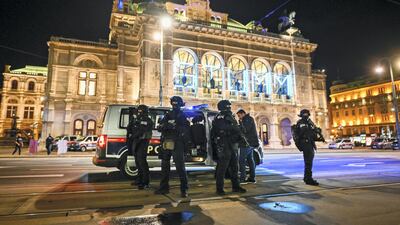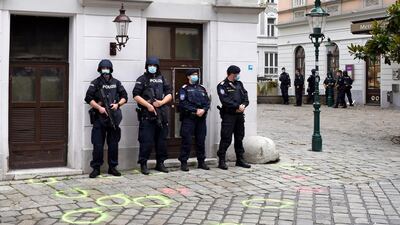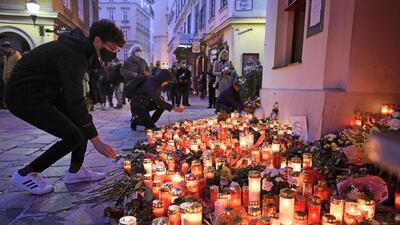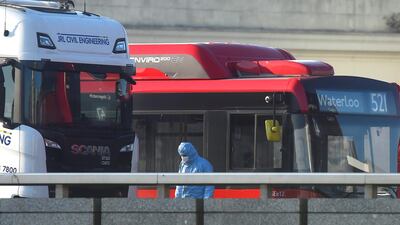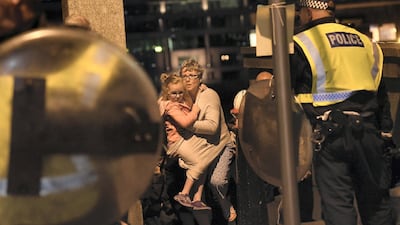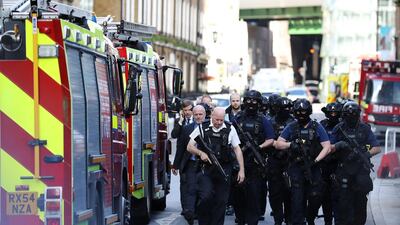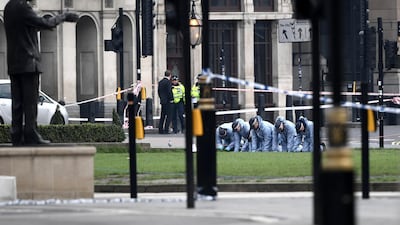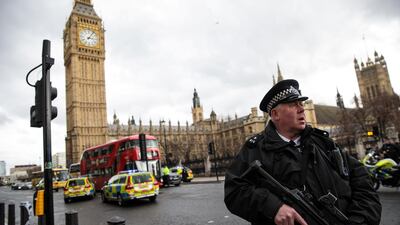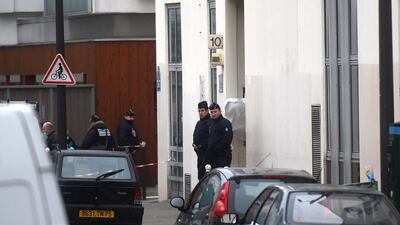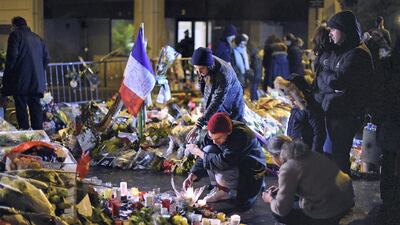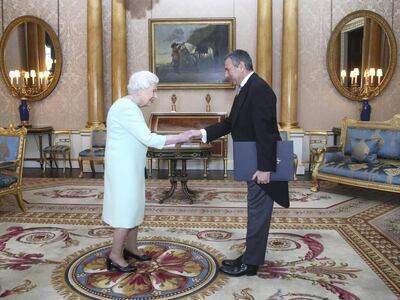Five years after terror attacks in Paris killed 130 innocent civilians, Europe is still suffering at the hands of Islamist extremists.
Last month's attack in Vienna, which was claimed by ISIS, demonstrated the determination of those who seek to spread their intolerance across the world.
The gunman, who shot dead four people and wounded more than a dozen others, had been jailed last year for trying to travel to join the group in Syria.
The scenes in the UK outside the Houses of Parliament in Westminster in 2017 and at London Bridge the same year and again in 2019 stemmed from the same root. It is clear that the poisonous, transnational ideology of hate knows no bounds.
An honest conversation is sorely needed about the relationship between violent extremists and their "non-violent" sympathisers. The Muslim Brotherhood has been creating the mood music for terrorist attacks in different parts of the world, including Europe.
Its self-described "peaceful" umbrella for Islamist groups has provided legitimacy and political cover for those who commit atrocities in the name of Islam.
In fact, it has laid the ideological foundations for scores of Muslims to turn to violence as a result of an ideology that holds western societies as being hostile to Islam and to Muslim communities and that, hence, Islam is "under attack".
Consequently, it is suggested by some that Muslims have the right to defend their religion through violence, even against innocent civilians. The ultimate consequence is the series of attacks by ISIS and the tragic events recently witnessed in Vienna.
For those of us who have had to live with the Muslim Brotherhood, this should come as no surprise. In Egypt, we have sadly seen that some are still tempted by the lure of this organisation, which aims to distort and sully Egypt’s image. In the 12 months following the June 2012 elections, Egypt entered into the dark tunnel of political Islam.
It is no secret that the Muslim Brotherhood has not forgiven Egypt for the upheaval that led to its removal from power in the summer of 2013.
Attempts to undermine Egypt’s subsequent progress have been spearheaded by Al Jazeera and other media outlets.
The threat posed by the Muslim Brotherhood is as great today as it has ever been. It does not believe in the notion of a civil nation state that the West takes for granted. Its dream of Caliphate rule and pursuit of the strictest application of the most conservative version of Islam is simply anathema to human civilisation.
The truth is that the Muslim Brotherhood is bad news for the entire world, not just for my country.
Violence has never been far away from the group since attempts in the 1960s to establish an armed military wing. Sayyid Qutb was a leading figure that preached violence.
The Muslim Brotherhood's current highest spiritual guru, Yusuf Al Qaradawi, has justified suicide attacks against civilians, saying at one point: "It's not suicide, it is martyrdom in the name of God."
It is important to remember as well that Ayman Al Zawahiri, Osama bin Laden’s successor as the leader of Al Qaeda, began on the path of violence as a Muslim Brotherhood member.
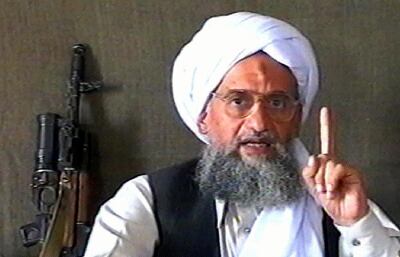
Recognition of this linkage is not unfortunately universal. There are European countries that are now feeling the consequences of this impulse. Some are adopting new policy measures in response while others are slower to respond.
In Britain, this year marked the fifth year since an opportunity was presented to confront this pan-national threat. The then British ambassador to Riyadh, John Jenkins, was tasked with reviewing the Muslim Brotherhood in 2014 on behalf of the UK government.
He concluded that the Brotherhood is "prepared to countenance violence – including, from time to time, terrorism – where gradualism is ineffective".
He also wrote that "aspects of Muslim Brotherhood ideology and tactics, in this country and overseas, are contrary to our values and have been contrary to our national interests and our national security".
The group's loyalists have sought to inject their brand of conservative, literalist Islam into Britain and the West at large.
"Much about the Muslim Brotherhood in the UK remains secretive, including membership, fund raising and educational programmes," the report said. "But Muslim Brotherhood associates and affiliates here have at times had significant influence on the largest UK Muslim student organisation, national organisations which have claimed to represent Muslim communities [and on that basis have sought and had a dialogue with government], charities and some mosques."
When the report was published, then prime minister David Cameron said the findings had revealed the Brotherhood’s "highly ambiguous relationship with violent extremism".
In the five years since, not enough has been done in the way of acting on these words.
Tarek Adel is the Egyptian Ambassador to the UK
